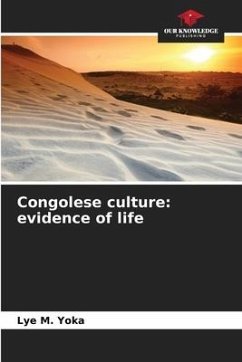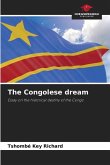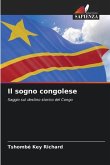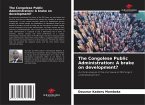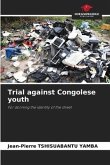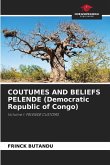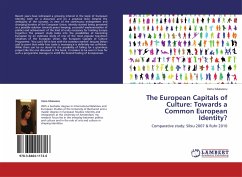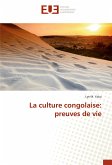What will Congolese culture be like in the year 2050? We can dream! But not really: we already have, in the present, clues for this futuristic vision. It is essentially a question of the current genius and energy of Congolese creators, activated by the springs of informality. And in this area of informality, artists are the most enterprising. It is not by chance that UNESCO awarded Kinshasa the label "Creative City of Music" in 2015, and Lubumbashi the label "Creative City of Popular Arts and Crafts". If we also take into account the fact that the art institutes and schools in the Democratic Republic of Congo are relatively the oldest in Central Africa, the lesson to be learned from the emergence of the new generation is that on the one hand they have managed to blur the long-standing factitious and controversial boundary between "popular" and "classical" artists, and on the other hand they have managed to familiarise themselves with the national and international directives and conventions on the preservation and promotion of cultural heritage. Congolese culture in 2050 will be that of an emerging nation, the locomotive of Africa's energy.

